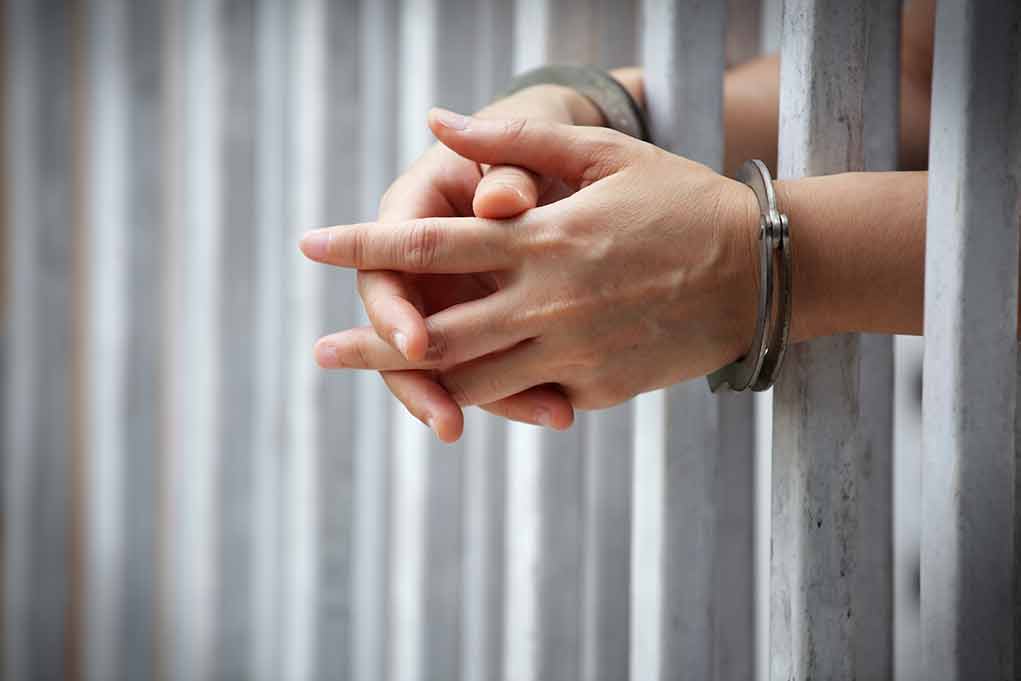
Controversy deepens over Kilmar Abrego Garcia’s deportation as government officials and El Salvador’s president refuse to return the alleged MS-13 member despite a Supreme Court order, highlighting a complex clash between immigration policy, criminal allegations, and political divisions.
Key Takeaways
- Homeland Security maintains Kilmar Abrego Garcia is an MS-13 gang member with a history of domestic violence, while his attorneys deny these allegations and claim he has never been convicted of a crime.
- The Supreme Court ordered Abrego Garcia’s return to the U.S. after what government lawyers called an “administrative error,” but El Salvador’s President Nayib Bukele has refused to release him.
- Police records indicate Abrego Garcia was discovered during a 2019 murder investigation, found with gang members, drugs, and wearing MS-13 attire.
- Democrats have labeled the deportation a “kidnapping” and advocate for his return, while Republicans and DHS officials argue his deportation was justified for public safety reasons.
- Court documents reveal multiple domestic violence allegations from Abrego Garcia’s wife, contradicting his media portrayal as a wrongfully deported family man.
Gang Allegations and Deportation Controversy
Homeland Security officials have presented evidence claiming Kilmar Abrego Garcia is a member of the notorious MS-13 gang with the rank of “Chequeo.” According to police records, Abrego Garcia was discovered during a 2019 murder investigation in Maryland, where he was found with other suspected gang members and illicit drugs. DHS Assistant Secretary Tricia McLaughlin stated that Abrego Garcia was wearing MS-13 attire when apprehended, further supporting the government’s position that he poses a security threat to American communities. His deportation to El Salvador has become a flashpoint in immigration policy debates.
Despite the Supreme Court’s recent ruling that the government must facilitate Abrego Garcia’s release from a Salvadoran prison following what government lawyers termed an “administrative error,” El Salvador’s President Nayib Bukele has firmly refused to return him to the United States. The case has exposed deep divisions between those who see Abrego Garcia as a wrongfully deported individual and those who view him as a dangerous criminal who should remain outside U.S. borders. An immigration judge had previously barred his deportation to El Salvador, citing his fear of persecution from local gangs.
In 2022, Kilmar Abrego Garcia was detained in Tennessee on suspicion of human trafficking. The TN Highway Patrol was instructed to release him and the seven other people in the car by Biden’s FBI. Garcia was transporting them from Texas to Maryland. https://t.co/z3xFOPEk9a
— Andy Ngo (@MrAndyNgo) April 17, 2025
Domestic Violence Allegations Surface
Court records have revealed a troubling history of domestic violence allegations against Abrego Garcia, contradicting his portrayal in some media outlets. His wife, Jennifer Vasquez, detailed multiple incidents of physical abuse in police reports. In one statement, Vasquez expressed fear for her safety, writing: “At this point, I am afraid to be close to him. I have multiple photos/videos of how violent he can be and all the bruises he [has] left me.” These domestic violence allegations have added another dimension to the case, raising questions about the incomplete picture presented in initial media coverage.
Abrego Garcia’s legal status has further complicated the case. Records indicate he admitted to entering the United States illegally in 2012, and a federal immigration court later ruled he was not eligible for release due to his alleged gang affiliation. U.S. District Judge Paula Xinis has questioned the evidence used to label Abrego Garcia as a gang member, adding to the legal complexity surrounding his case. His attorneys maintain there is no legitimate case against him, arguing that “Mr. Abrego Garcia has never been convicted of a crime” and that any allegations should be addressed through proper legal channels.
Political Battle Lines Drawn
The case has quickly become politicized, with Democrats and Republicans taking opposing stances. Democratic Representative Maxwell Frost of Florida characterized Abrego Garcia’s deportation as part of “the Trump Administration’s government-funded kidnapping rampage,” urging immediate action to ensure his safety. Meanwhile, Homeland Security Secretary Kristi Noem has criticized media coverage of the case, arguing that too much attention is given to “sob stories of gang members and criminal illegals and not enough about their victims.” This stark division reflects broader disagreements over immigration enforcement priorities.
Critics of efforts to return Abrego Garcia to the United States point to the needs of crime victims. One particularly poignant statement came from the mother of Rachel Morrin, a Maryland woman who was murdered by an illegal immigrant in 2023, who questioned why resources were being dedicated to this case: “To have a senator from Maryland who didn’t even acknowledge, or barely acknowledge, my daughter and the brutal death that she endured, leaving her five children without a mother and now a grandbaby without a grandmother so that he can use my taxpayer money to fly to El Salvador to bring back someone that’s not even an American citizen. Why does that person have more rights than I do, or my daughter, or my grandchildren?”




